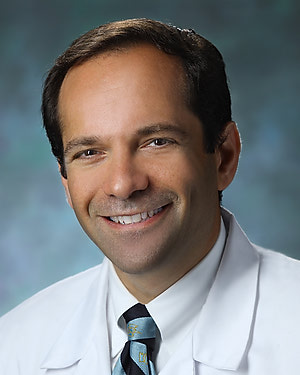Research Lab Results
-
Pulmonary Infection and Inflammation Research Lab
The Jia lab performs basic and translational research into the mechanisms of and therapeutic strategy for viral and bacterial infection-induced inflammatory lung diseases, one of the leading causes of death in pulmonary diseases, especially for the ongoing pandemic of the SARS-CoV-2 mediated COVID-19. Our work has identified novel roles of Angiotensin-converting enzyme 2 (ACE2) in the inflammatory response to viral and bacterial lung infection and its complex contributions into the pathogenesis and disease progression and outcome of COVID-19. In seeking to translate these findings to clinical studies, we have been working on a collaboration with other investigators, developing novel diagnostic, preventive, and therapeutic tools in combating the devastating COVID-19, even in the era of effective vaccine prevention. These studies are funded by NIAID.
-
Andrew Lane Lab
The Lane laboratory is focused on understanding molecular mechanisms underlying chronic rhinosinusitis, particularly the pathogenesis of nasal polyps, as well as inflammation on the olfactory epithelium. Diverse techniques in molecular biology, immunology, and physiology are utilized to study epithelial cell innate immunity, olfactory loss, and response to viral infection. Ongoing work explores how epithelial cells of the sinuses and olfactory mucosa participate in the immune response and contribute to chronic inflammation. The lab creates and employs transgenic mouse models of chronic nasal/sinus inflammation to support research in this area. Collaborations are in place with the School of Public Health to explore mechanisms of anti-viral immunity in influenza and COVID-19.
-
Steven Menez Lab
Dr. Menez and his laboratory are interested in clinical and translational acute kidney injury (AKI) research, specifically with a focus on the transition between AKI and chronic kidney disease (CKD). Dr. Menez has investigated novel approaches to evaluate AKI using biomarkers of kidney injury, inflammation, and repair in the multi-center TRIBE-AKI and ASSESS-AKI Studies. Dr. Menez collaborates nationwide through the NIDDK-sponsored Kidney Precision Medicine Project, with a goal to improve the global understanding of kidney disease subgroups and identify new pathways and targets for novel therapies.
Since the start of the COVID-19 pandemic, he has additionally investigated the impact of COVID19 on kidney health, including short-term outcomes including need for dialysis or in-hospital mortality, as well as longer-term outcomes post-hospital discharge.
